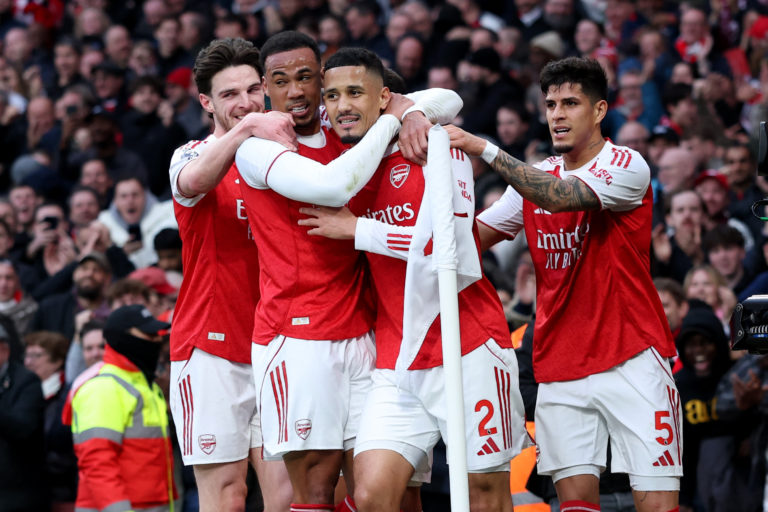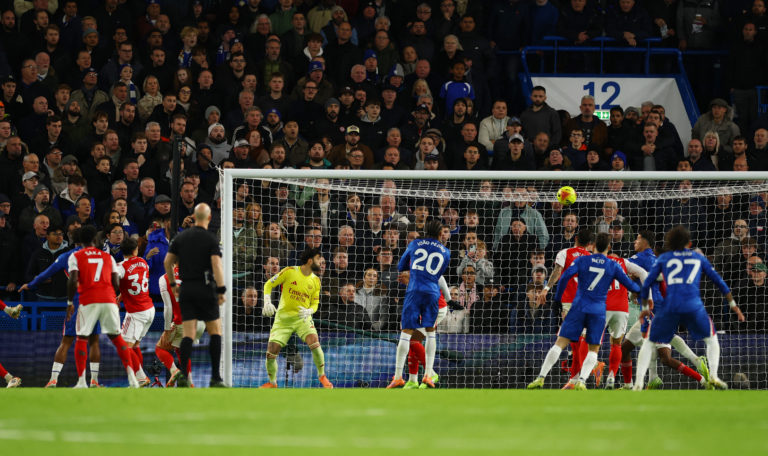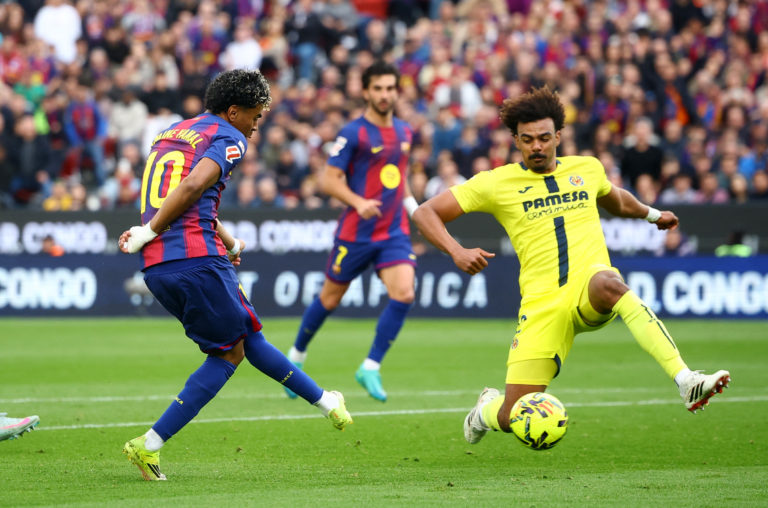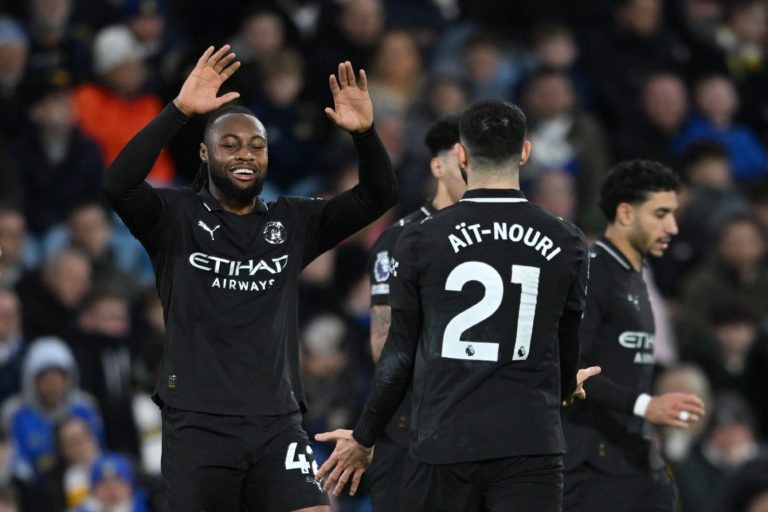South Africa’s return to the World Cup is anchored not on star exports, but on the strength and resilience of the PSL.
Bafana Bafana secured direct qualification for the first time since 2002, and will make their first finals appearance since hosting in 2010, despite suffering a three-point deduction along the way.
What makes their achievement stand out is how deeply grounded it is in South Africa’s local competition. In the final match against Rwanda, the starting XI featured five players from Orlando Pirates and Mamelodi Sundowns, plus one from TS Galaxy, only a handful of players in the squad ply their trade abroad (Mohau Nkota, Samukelo Kabini, Sphephelo Sithole, and Lyle Foster).
The core was built from domestic talent, a contrast to many African rivals who depend heavily on overseas-based players.
When the list of African nations that qualified automatically is drawn, South Africa joins Morocco, Egypt, Tunisia, Algeria, Ghana, Cape Verde, Senegal and Ivory Coast. Comparatively, some of those nations field squads in which many stars play in Europe’s top leagues.
AfricaPicks: CAF World Cup Qualifiers – Nine teams book tickets as playoff drama awaits
Nigeria, for instance, lean strongly on Europe-based talent, with every player from their starting XI based abroad, but still had to settle for a playoff route rather than direct qualification.
The market-value numbers underscore how Bafana punched above their weight. Their squad’s estimated value sits around €25 million, placing them at the lowest end among qualifiers (with only Cape Verde comparably modest). In contrast, teams like Morocco exceed €400 million squad valuation, while Ghana, Algeria, Ivory Coast, and Senegal have squad values exceeding €200 million.
On the “most valuable player” front, Burnley’s Lyle Foster is also among the lower-valued stars in the qualified nations. Many other countries boast marquee talents valued at multiples of his worth. Liverpool’s Mohamed Salah, Champions League winner Achraf Hakimi, Manchester United’s Amad Diallo and Bryan Mbeumo, Bayern Munich loanee Nicolas Jackson, and Nigeria’s talisman Victor Osimhen, all command far higher valuations.
Yet here is where South Africa’s path feels most remarkable. they qualified through grit, cohesion, and league depth rather than relying on the glamour of European exports.
The PSL, often overlooked as a feeder league, has played a central role in rebuilding the national side. Its role extends beyond borders too. Zimbabwe, Nigeria, Ivory Coast and other nations field players that play prominent roles in the PSL.
In doing so, Bafana Bafana have defied expectations. They beat rivals who count multi-league stars among their ranks, and did so with majority home-based talent. While others rely on Europe-based superstars, Bafana’s success shows that a well-run domestic league can produce a team capable of standing among Africa’s elite.
Bafana’s achievement underlines that progress, a reminder that world-class football doesn’t always need to be imported.
Photo: Dirk Kotze/Gallo Images









